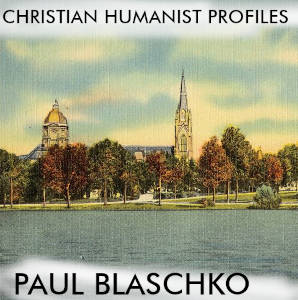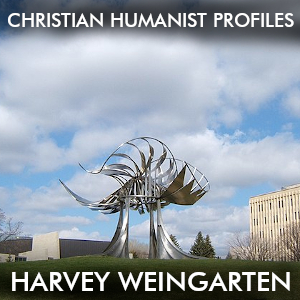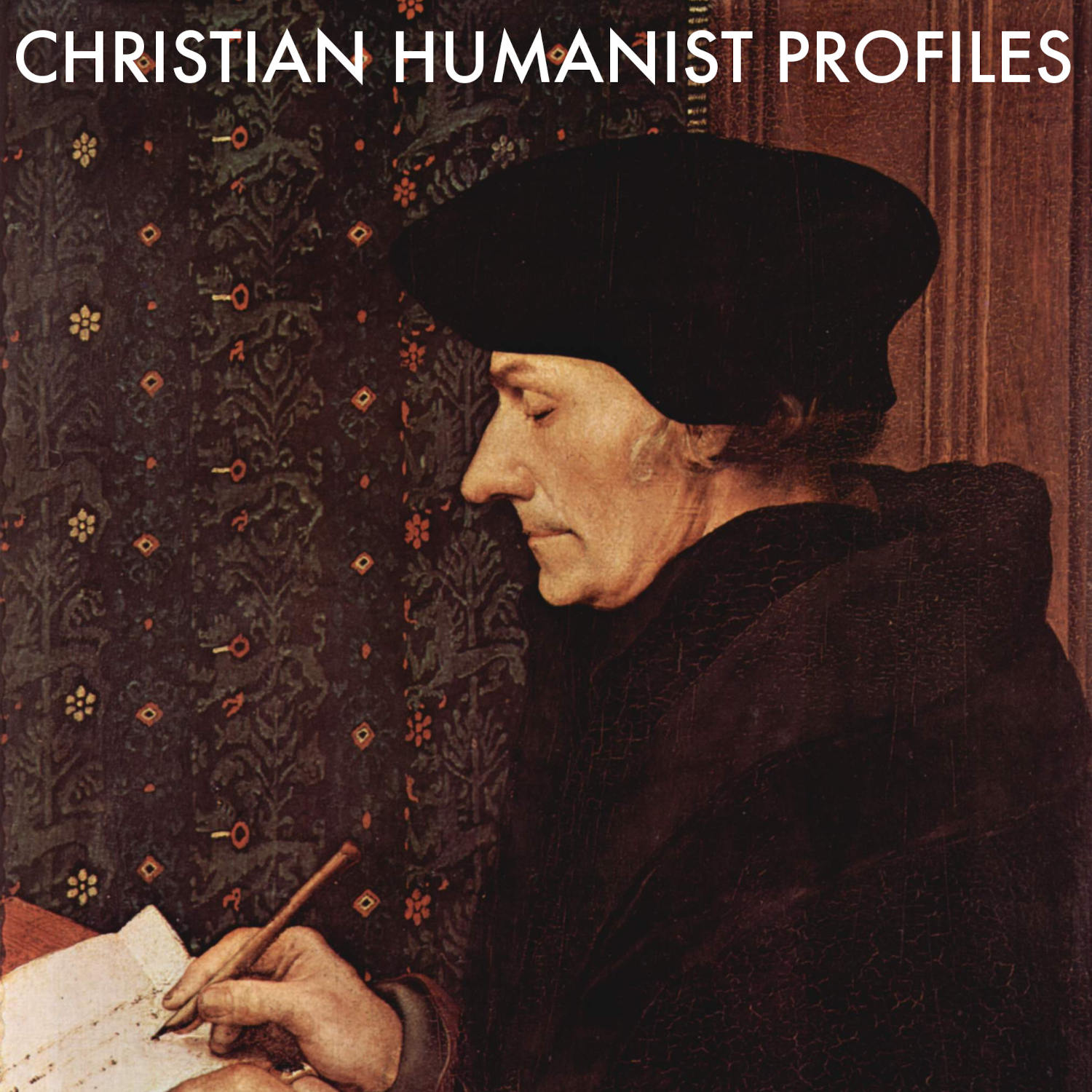My own tradition within the Church was an early adopter of the motto “No creed but Christ.” For what intentions are worth, my forerunners seem to have had good ones: in the historical moment, confessions and catechisms and boundary-documents of all sorts were proliferating among Protestant communities, and one way for a unity movement to make progress might be to pare away the documents that some but not all Christian communities took to be central. That was the nineteenth century; now we’re in the twenty-first, and Dr. Phillip Cary has other work for the Nicene Creed to do: we need to learn how to ask Christian questions. That’s what his recent book The Nicene Creed: An Introduction sets out to accomplish, and Christian Humanist Profiles is glad to welcome him to the show.

The one who saves his life will lose it. The one who sows to the spirit will reap life. I am the way and...

Nathan Gilmour talks with Harvey Weingarten about his recent book "Nothing Less than Great."

Michial Farmer interviews Michael P. Foley about his new book "Drinking with the Saints."